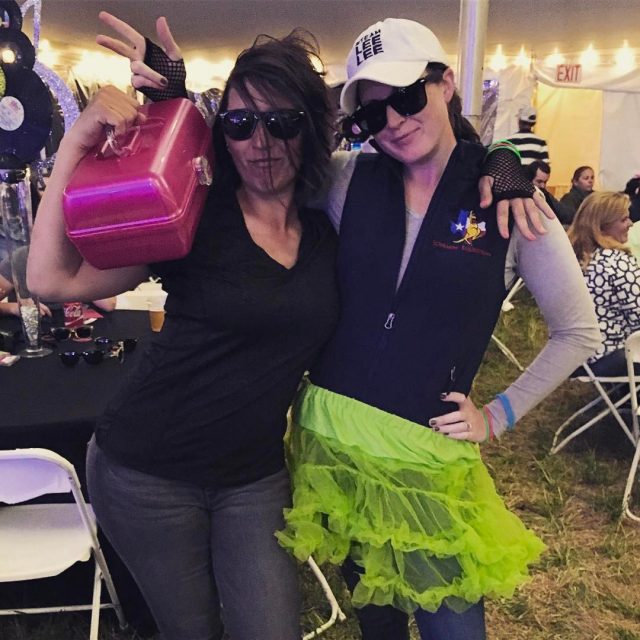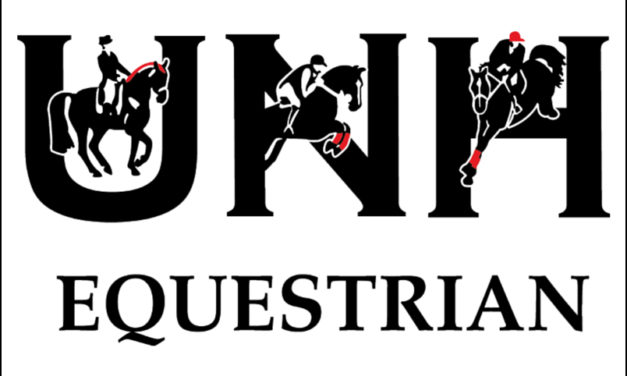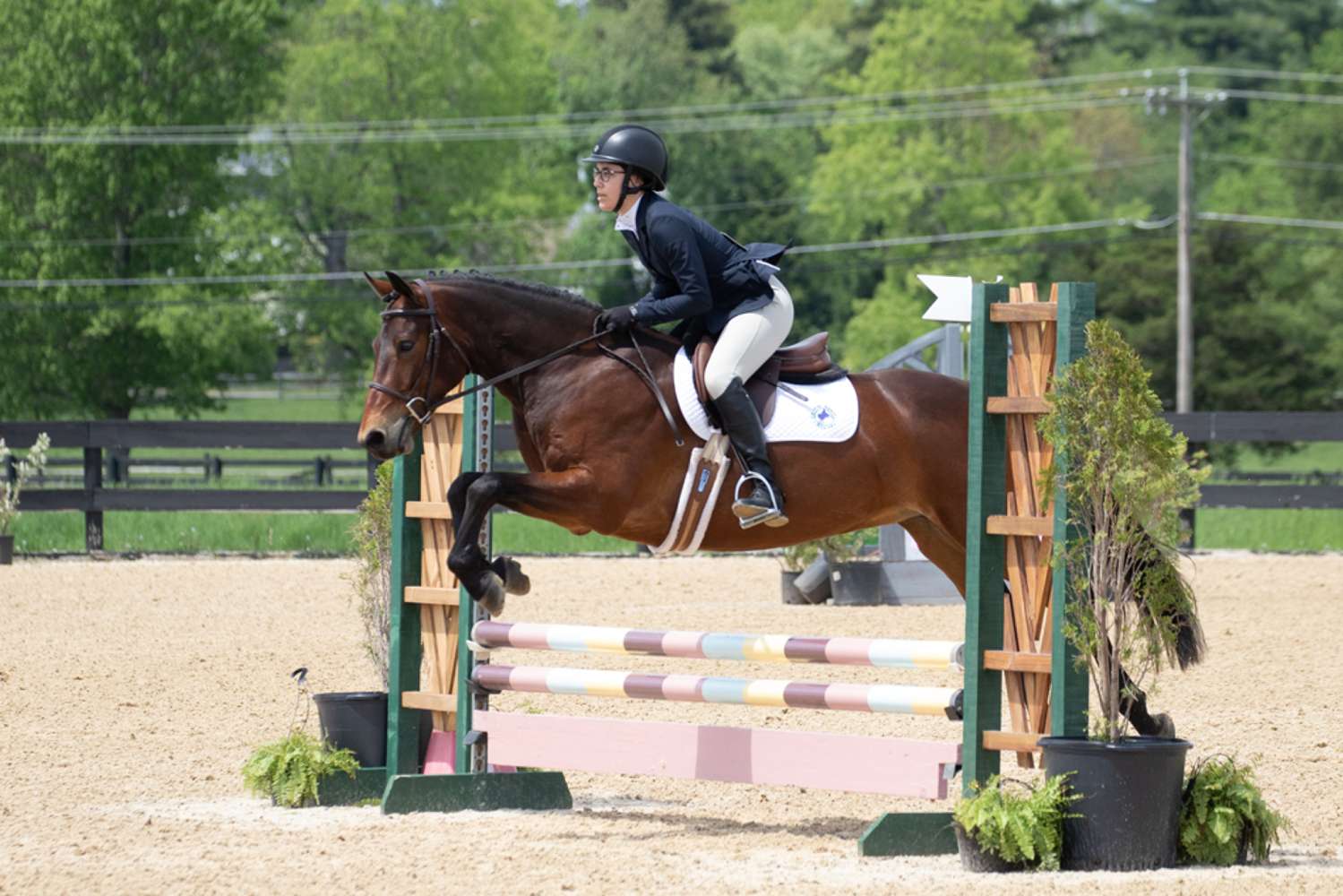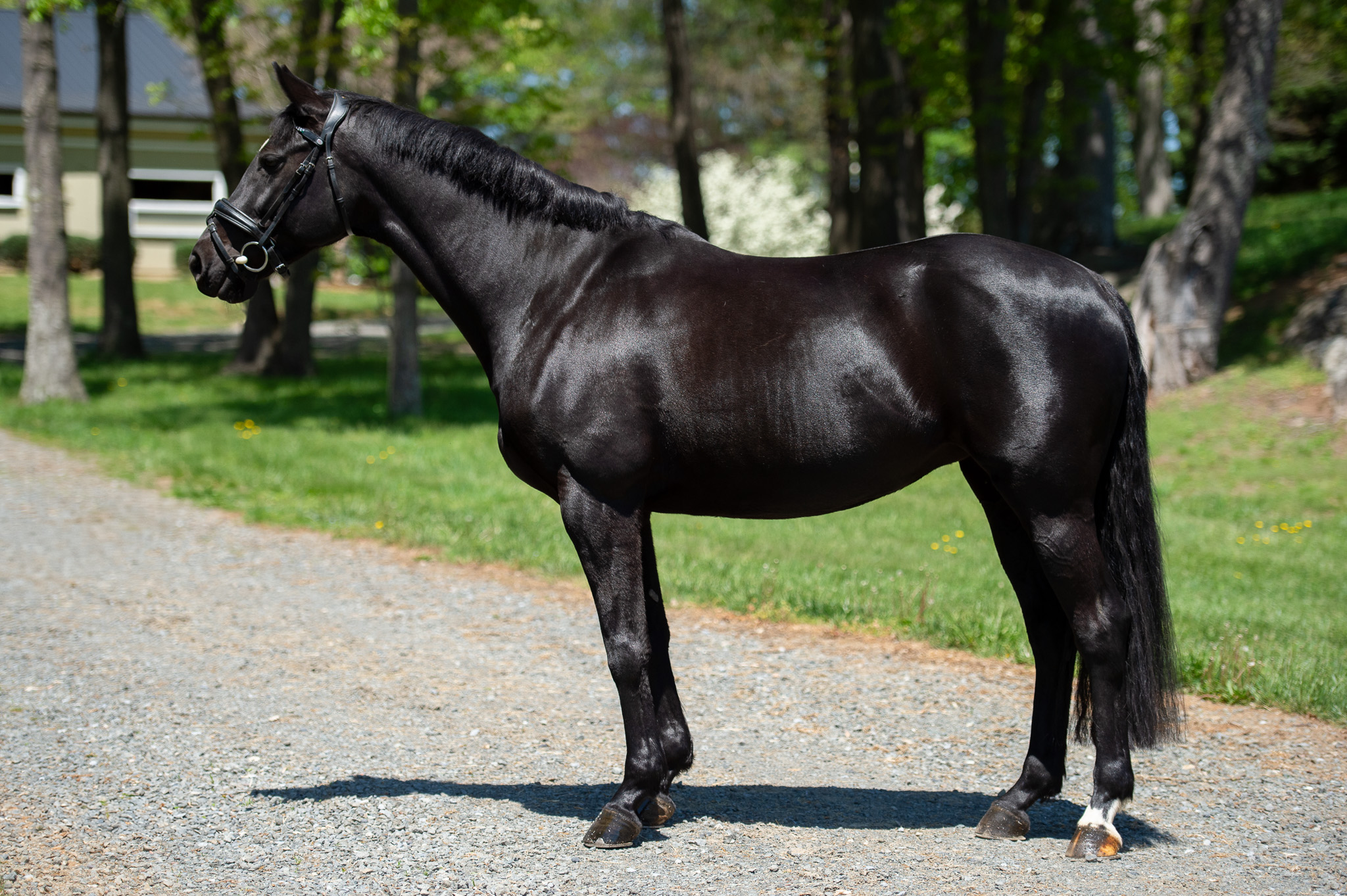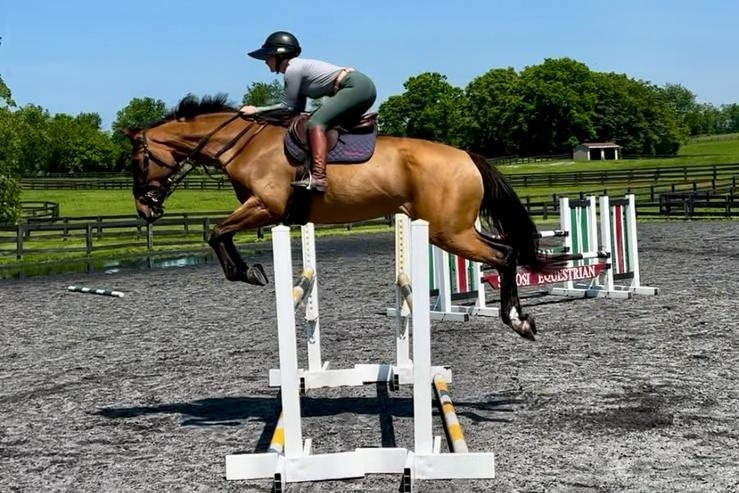
Wow. What a thing we are living through. If there were ever a time for grit and grace, this is it. The coronavirus pandemic is challenging all of us in so many ways. Uncertainty. Fears for ourselves and others. The interruption of life as we are used to living it. Loss of connection with friends, coworkers and clients.
There are also lots of big little decisions to be made every day. And we often have to make them despite not having all the information we need. If you’ve been feeling anxious, unsettled and stressed — I’m right there with you. I also believe that a crisis like this is an opportunity for us to grow and expand both individually and as a global community. It requires us to constantly rebalance on shifting ground. It requires us to look beyond our own immediate needs and contemplate our larger communities. It requires that we hold ourselves to a new set of standards in terms of how we handle our thoughts, emotions and actions.
When things get scary, it’s tempting to grab tight on the reins in an effort to keep all the bad things at bay. When I’m working with riders, I tell them they have a few seconds to respond to a spook or something scary with their lizard brains but then they must let their prefrontal cortex take over and TAKE CHARGE. I am holding myself to the same standard in this situation. I thought I’d share some of my own strategies in case they might be of use to you.
- I choose to be prepared and not hysterical. This means that I think about what will help alleviate my fear and I do those things. It’s easy to become alarmed by the things we’re all doing to create more peace of mind. Empty shelves in the store. Lonely parking lots. Gloves and masks and things. Stats and graphs and curves. Remember these are signs of things humans do to feel better. They are not signs of the end of days. It’s OK to prepare. But then let your preparation alleviate some of your anxiety — don’t judge it or judge others for what they are doing to prepare. Be willing to see yourself in others and understand rather than judge or compete. We are all in this together.
- I choose to take a stand for what I believe is the truth. I will help flatten the curve where I can — even if I am not afraid for myself, I am concerned for many others. I can make a difference with every decision I make. I know that the virus can be transmitted by people who feel perfectly healthy. I know that every person who contracts the virus represents at least two to three more people who will contract it as well. So I can choose for myself and my business not to facilitate situations where transmission is likely. I am grateful that I can pay my house cleaner and my farm sitter to stay home for the next month. I may not be able to do that next month, but I choose to do it now when I can. I will do my upcoming workshops virtually instead of in person. Learning curve ahead!
- I choose to be responsible for my thoughts. I know it is my thoughts that generate how I feel and what I do. Therefore, my thoughts impact the world around me as well as my own health and well-being. If I think, “I am washing my hands because I am terrified and might get sick at any moment,” I will feel fear. I may become immobilized and obsessed with washing my hands. I will likely worry all day long about getting the virus. If instead, I think, “I am washing my hands so that I stay healthy and keep my community safe,” I am likely to feel safe and be able to go about my day focusing on things that matter to me. Worry pretends to be useful. You can bypass it by CHOOSING your thoughts. Circumstances do not cause your feelings. Your thoughts about your circumstances do. I invite you to practice shifting your energy by taking charge of your thoughts. You can do it!
- I choose gratitude over despair many times a day. When there are a lot of scary things happening and you feel out of control, it is easy to hitch a ride on a spiral of despair. When a student told me about her seventh graders who will be forced to stay home with abusive parents and not get lunches; when a client told me about her firefighter husband doing 24-hour shifts and CPR on patients at the care center in Kirkland; when I start to ruminate about the risk my parents are in with the circulation of the virus; when I think about the open graves in Iran; when a friend told me about her mom who has Alzheimer’s being frightened and in lock down in her own home; these are all invitations to ride a spiral of despair. And I choose not to take the ride. I can care deeply about these things but I choose to think about the things over which I have some control — how I act and can impact the people in my family and community. I choose to look for joy close in and ruminate on all the things I am grateful for instead of the things I cannot control.
- I choose to pivot and readjust in the face of disappointment. This doesn’t just mean accepting bad news. It means truly changing my goals and expanding my perspective to include new information. The USEF has cancelled its recognition of upcoming events. This will have ripple effects for our sport throughout the next year. Clinics and shows are being cancelled. It will mean changing plans. It might mean training with less direction and traction for a while. It means championships, awards and programs that we may have been counting on will look very different or not happen at all. What a great opportunity to examine your “big why”! It’s time to reorganize around some new goals in the face of a changing calendar and, likely, limited resources. What does that look like for each of us? Creativity comes to life in small spaces. Limitations can inspire leaps in growth. In 1593, London theaters closed down due an outbreak of the plague and Shakespeare wrote his best and most prolific poetry during that time. How will you use your time? In addition to doing more writing, I will be pivoting toward some new goals around strength and balance for my young horse since the show season will be delayed and also maybe do some extracurricular jumping!
- I choose to honor routines that support my physical and mental health. It is so easy to turn away from your healthy habits in the face of stress and the loss of structure. It doesn’t have to happen! You can intentionally build structure into your new schedule even if it is for the short term. Choose the one or two things that contribute the most to your health and prioritize them. Is it your riding routine? Is it exercise? Being in nature? Playing and laughing? Is it your nutrition or your meditation practice? Is it connecting with friends? Whatever it is for you, claim it and do it with grit. Do it even when you don’t feel like it. Create some structure around it so it’s hard for you not to do it. Be a hard ass with yourself about it. Do it at the same time every day. It is your routines that give you resilience and build up your immune system. This is not the time to give up on them but the time to recommit.
Grit is the ability to move through the tough stuff over and over. Grace is the ability to accept what is and readjust. I see you. And I see the people in Italy who have been shut in their homes but are singing from their balconies. I see the doctors and nurses who are risking their lives every day because it’s their job. I see homeless people who will get sick and have nowhere to go. I see all this, choose to be of service where I can and still look for joy, close in.
We thank Jen Verharen of Cadence Coaching for sharing this insightful essay with EN. As a trained life coach and equestrian, Jen offers a range of services including performance and business coaching to help turn dreams into goals and goals into reality. You can learn more at her website here.






